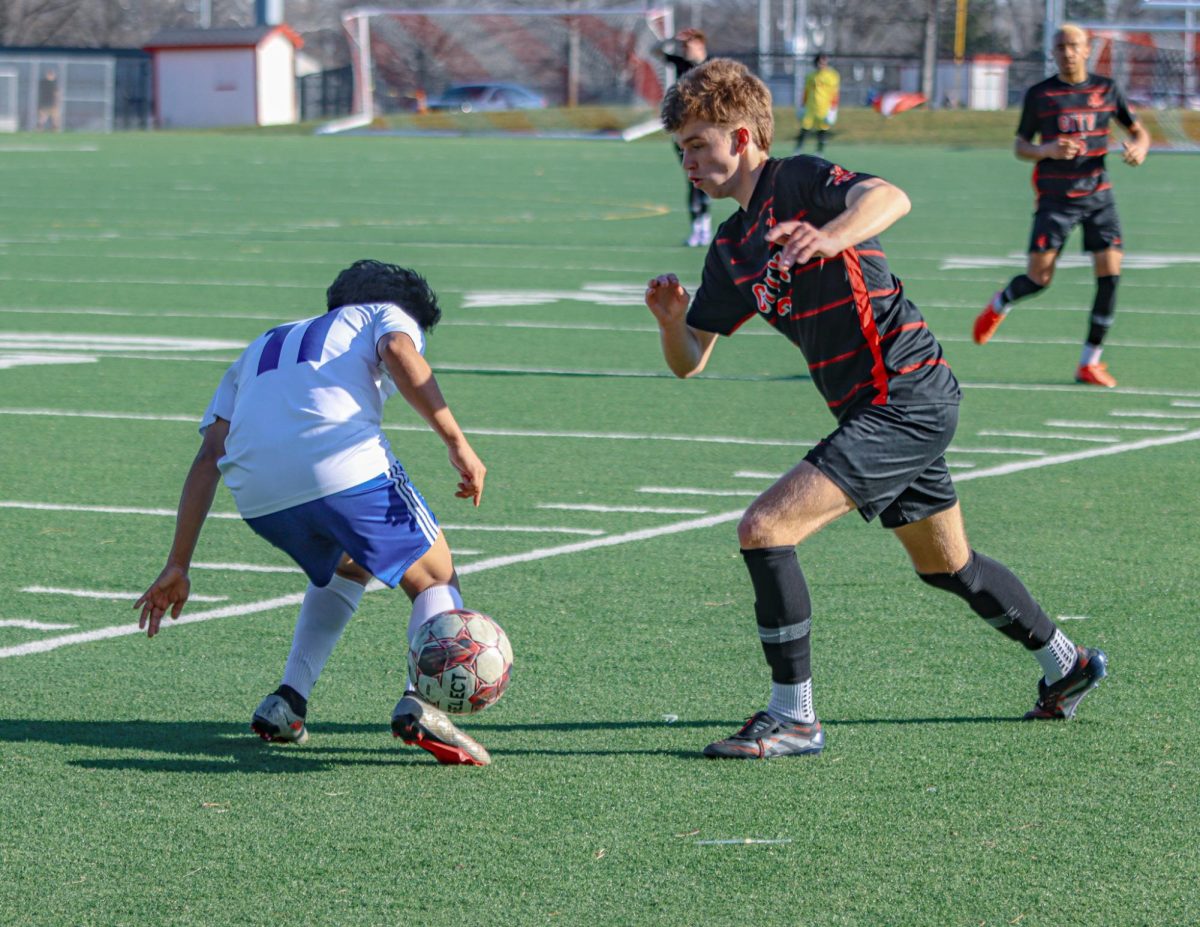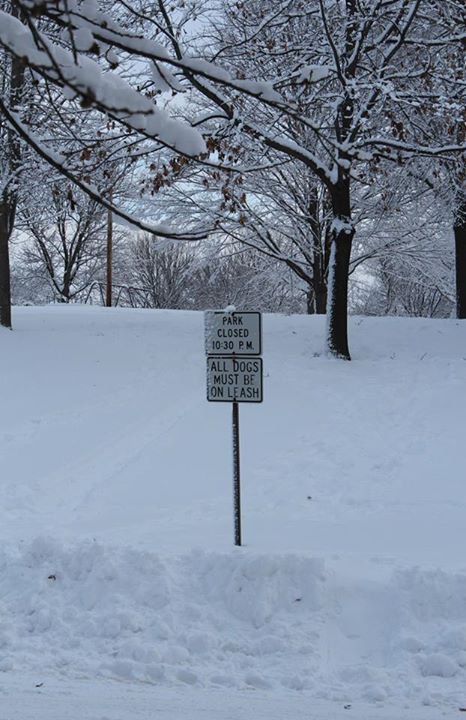Ban on Sledding
Dubuque has deemed sledding to be too dangerous.
Snow Covered Park
February 17, 2015
Dubuque, Iowa’s city council has officially banned sledding in 48 of its 50 parks. First offense is a warning and second offense is a $750 fine.
“I am a sledder from my early childhood days. I myself as well as my family have enjoyed lots of great sledding adventures.” Says Marion Ware, Dubuque’s department of leisure services, “At the same time I have piled up, gone rolling down a hill, been thrown off an inner tube and run into immovable objects.”
Other cities besides Dubuque that have banned sledding include Des Moines, Iowa; Lincoln, Nebraska; Downstate Paxton, Illinois; and Columbia City, Indiana.
“If kids have an adult with them, then it shouldn’t be a problem.” Addison Kosier said. “If you don’t want your kid to go sledding then don’t allow them, you don’t need to just ban it for everyone.”
Iowa City, North Liberty, Coalville and ICCD have not discussed banning sledding in their cities, which is good news for Kosier.
“The Iowa City City Council has not discussed banning sledding at this time and will not unless the City Attorney’s office feels we need to have a discussion with them.” Mike Moran, Iowa City’s Director of Parks and Recreation said.
According to the Center for Injury Research and Policy in Columbus, Ohio, between 1997 and 2007, more than 229,000 kids have been sent to the ER nationwide. The head was the most commonly injured part of the body.
“Sledding is not dangerous, but what makes it dangerous is the sledders as much as the operators.” Moran said.
Of those 229,000 children, about a quarter of those injuries were broken bones. Compare this to the 79,000 children who were sent to the ER for trampoline accidents and 26,000 caused by television set.
Several sledding lawsuits have been passed in the past decade. Two lawsuits include a man in Sioux City, Iowa who injured his spinal cord and was awarded a $2.75 million payment along with a $2 million judgement against Omaha, Nebraska to the family of a five-year-old girl who was paralyzed when she hit a tree.
“This does not happen all the time, but I know it happens in a split second. Sometimes because of poor judgement and sometimes conditions are right or something happens with your equipment.“ Says Ware.
City High students have a very different opinion than Ware.
“It seems too extreme to ban it rather than ensuring they are supervised.” Libby Fischer ‘15 said. “If a kid falls and hurts themselves in general, it’s typically their fault and they will learn from it.”
Ryan Brennan ‘15 agrees with Fischer.
“That is crazy.” Brennan said, “ Kids are just too sheltered now a days.”































